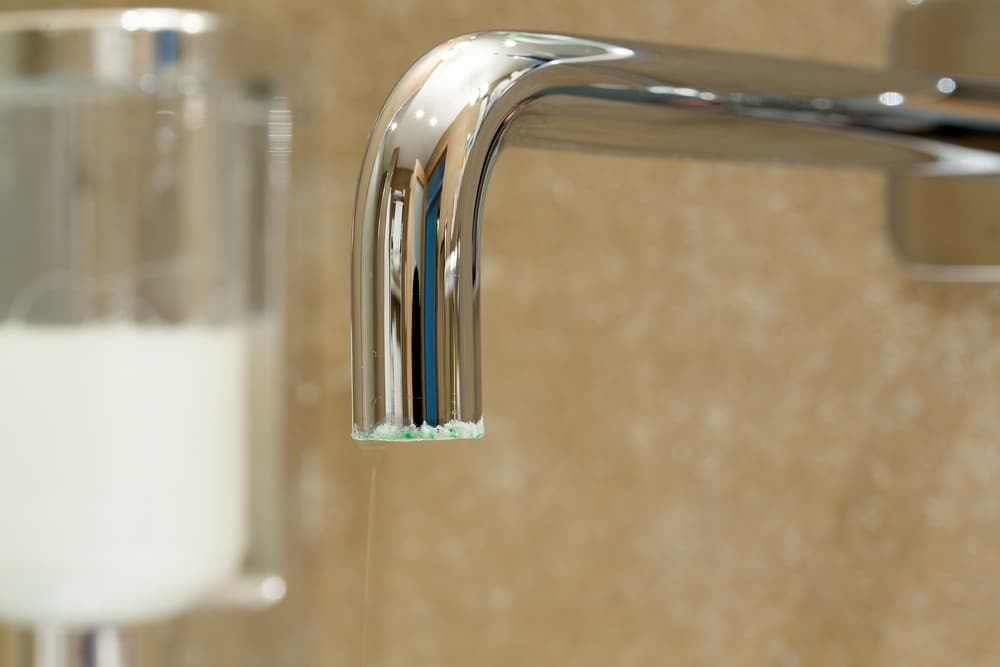Whether water is “hard” or “soft” can be confusing terminology. After all, it’s a liquid, right? Well, a water’s hardness level refers to the amount of minerals found in it. Mainly, this is measured according to calcium carbonate, although magnesium is a major culprit in hard water as well.
Utah is well-known for having unusually hard water. It can differ from one city to another, depending on the water source and how it’s treated. However, most of Salt Lake falls on the “very hard” side of the hard/soft water spectrum.
What Does Hard Water Do?
Hard water doesn’t make any difference to your health, or that of your family. Minerals in your water are even considered advantageous by some. However, hard water can still cause some practical problems. For example…
- Mineral buildup (also known as “scale”) can impede the operation of your appliances, such as a showerhead, dishwasher, coffee maker, etc.
- Scale can also clog and narrow the pipes in your plumbing system.
- Hard water leaves marks and film on your dishes.
- Hard water makes it harder for soap to become sudsy, and so you end up using more soap to wash your clothes and dishes.
- Soft water helps soap rinse away better, leaving things cleaner.
- Hard water, and subsequently badly-rinsed soap, can leave your skin dry and irritated after a shower.
Water Filtration and Softening
In order to counter the effects of hard water, many families have a water softener system installed in their household. There are two major types of water softening systems:
- Salt-based filtration systems
- Salt-free filtration systems
There are advantages and disadvantages to each. The important difference between the two is that a salt-based system actually filters out the minerals by straining the water through salt-covered resin beads. The minerals cling to the resin beads, and some sodium enters the water system to replace the removed calcium and magnesium. The sodium in your water system gives water a different feeling, and counters the effects of hard water. However, the presence of sodium, although not noticeable by most people, will have an adverse effect on plants, which you should keep in mind if you have a sodium-based filtration system.
A salt-free filtration system doesn’t actually remove the existing minerals. Instead, it makes these minerals soluble, so that most of the problems of hard water are removed.
Care and Maintenance
Both systems require some maintenance. A salt-based system will need salt replenished every month or so, and the resin beads need to be rinsed and cleaned regularly. A salt-free system will also need a filter change. The timing of this will depend on the type of filtration used, but it usually runs around every 6 months.
If you have hard water, or a filtration system that you have questions about, give us a call. We have experience with different kinds of systems and know how to work with them and around them in order to keep your plumbing running smoothly.
